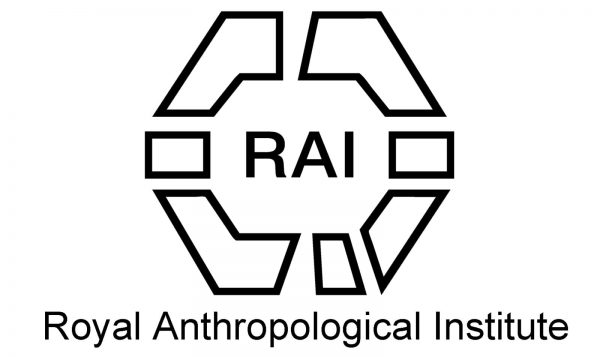'Gambote' directed by Sofia Bensadon
Sofia is an independent visual storyteller and bachelor of Anthropology at the National University of San Martin, Argentina. She completed the annual training in Documentary Cinema and Photography in the educational program at Proyecto Imaginario. Among her teachers are the Argentinian photographers Diego Ortiz Mugica, Carlos Bosch and Adriana Lestido, and the Bolivian sociologist Silvia Rivera Cusicanqui. In her practice she investigates the weight of work over time, the notion of inhabiting and the modes of construction of the territory. In addition, through her projects, she explores the physicality of the bodies in relation to craft and manual work.
Sofia’s short film, Gambote, demonstrates the process of the clay mountains of the Chuquiago Valley that are transformed into brick every day in the outskirts of La Paz City, Bolivia. Grinding the clay, moulding, drying, and burning the bricks are activities that Irineo and Rosa do in a never-ending cycle. While working they ponder about their lives and routines, seeking to meet the life revealed in the practice of their trade.










